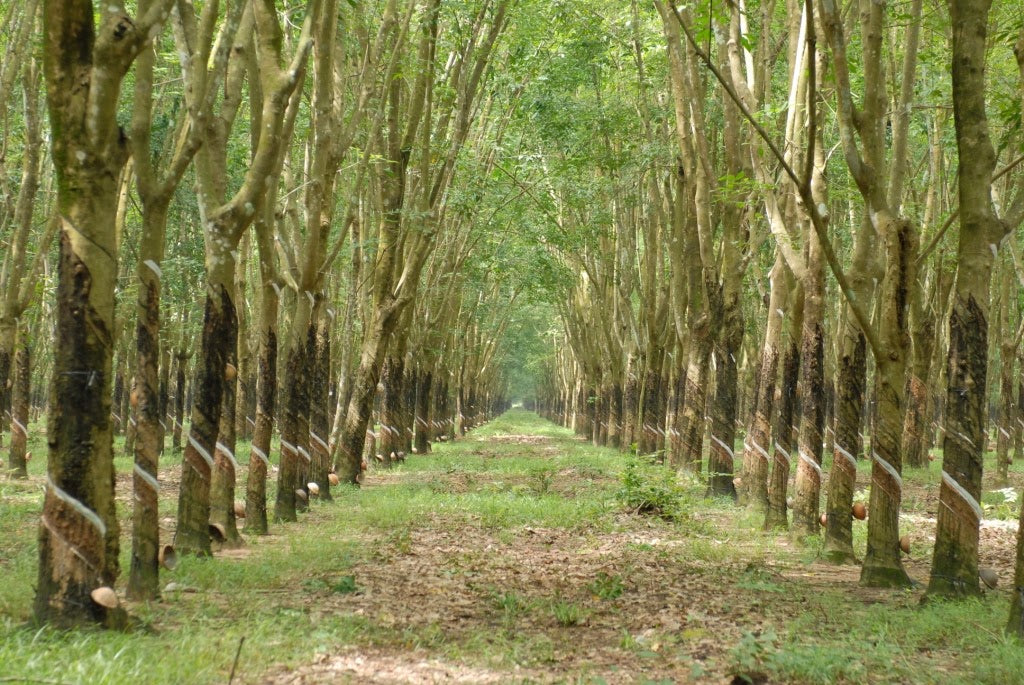Sustainable by nature. Sustainable by choice.
We are proof that customers do not have to sacrifice aesthetics, comfort or quality when choosing sustainable footwear, because we make it our business to innovate.
Considerate Consumption
Di Bianco does not churn out mass products; we do not overproduce. Our footwear is made to order so that we create only what is requested. Small batch production means higher quality control and minimizes the wasting of resources.
Clean Workshops
We use small factories and workshops to produce the highest quality footwear with the smallest possible carbon footprint. Di Bianco uses a number of artisanal steps in its shoemaking process, many of which are done by hand as opposed to using machines, thereby producing minimal greenhouse gasses and non-recyclable waste products.
Technology of Tanning
Normal tanning is a dirty process which uses significant water and chemicals, but that is not the Di Bianco way.
We save 20 liters of water per hide – and use 33% less tanning ingredients – by employing a tanning process that uses the naturally occuring moisture present in the hides as a key component of production. Where possible we use a dry tanning method that uses zero water, our leathers are metal free, and our linings are vegetable tanned.
We’ve spent time and research establishing a more sustainable method for burnishing, achieving the same quality, if not superior, with a more positive environmental impact.
Innovating Materials
We’re investing in sustainable non-leather components, too. Di Bianco leather scraps are shredded down to mulch and then regenerated for the heels of our SPQR range. Our sneakers use an exciting new rubber sole made from Virgin Hevea Milk, a plant ‘milk’ sustainably sourced by hand from renewable tropical plantations. The inner soles are then made with recycled polyurethane to reduce new and wasteful production. With only one sneaker in the line yet to use these technologies (the Daytona), we’re moving forward rapidly.
Supporting Community
It takes more than one to make a change, so we have made it a priority to support the leatherworking industry in any way that increases positive and sustainable choices. We work with small second and third generation workshops, some with as few as five artisans, implementing best practice for reducing our energy footprint. We ensure all our partner suppliers are working as hard as we are for a more sustainable future.
We are proud to be leaders of innovation in our industry: we’re on the front foot of sustainability, and we’re not stopping now.

